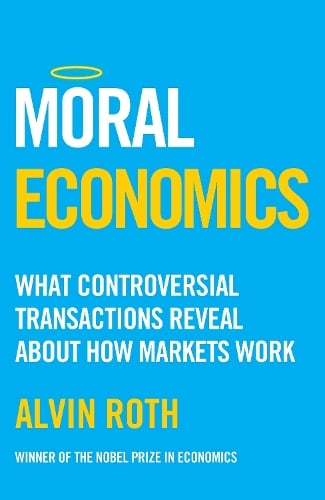India, now the most populous country in the world, does the third highest number of kidney transplants in the world (although their rate of transplantation per million population is quite low). So transplants are nevertheless very scarce in India compared to the need, which is the situation worldwide.
Earlier this year, however, a paper by three veteran (non-Indian) transplant professionals who have headed large organizations expressed repugnance for the volume of transplants in India, and the fact that it depends mostly on living donor transplantation (LDT), suggesting it can be viewed as "both alarming and reprehensible." Their paper's title makes it clear how they view it.
Domínguez-Gil, Beatriz, Francis L. Delmonico, and Jeremy R. Chapman. "Organ transplantation in India: NOT for the common good." Transplantation 109, no. 2, February, 2025: 240-242.
"The field of organ transplantation has evolved very differently across the world under the influence of different national healthcare financing systems. Healthcare is, in most countries, financed by taxation and thus through governmental budgets, in combination with private funds, mostly through contributory health insurance systems (eg, Australia, Canada, Europe, New Zealand, South America, and the United States). But across much of Asia, tertiary healthcare services, such as transplantation, are almost entirely dependent on the private finances of individuals. The impressive growth in Indian organ transplantation has been accomplished in for-profit hospitals, which have expanded Indian transplantation into 807 facilities, mostly associated with the major corporate hospital chains.6 Organ transplantation, in a part of the world where one-fifth of all people live, is thus largely not for the common good, but a treatment available for those with ample monetary resources."
##########
This was followed by a firm rebuttal by distinguished Indian transplant professionals. Their title makes their view equally clear:
Rela, Mohamed, Ashwin Rammohan, Vivek Kute, Manish R. Balwani, and Arpita Ray Chaudhury. "Organ Transplantation in India: INDEED, for the Common Good!." Transplantation 109, no. 6 (2025): e340-e342.
"We were deeply concerned by the article “Organ Transplantation in India: NOT for the Common Good” by Domínguez-Gil et al, which we felt provided an unfairly critical view of the current state of organ transplantation in India. We aim to provide a point-by-point rebuttal based on actual figures and ground-reality rather than tabloid-press articles as cited by the authors.
"It is true that in the past 5 y, there has been an extraordinary growth in the number of transplantations in India (more than those achieved over several decades by European countries). While it is natural to be wary of this astronomical increase in transplant numbers, the authors’ assumption that this growth is likely nefarious reflects an outdated western mindset, rather than a true understanding of over 2 decades of massively coordinated effort by the Government of India, transplant professionals and all other stakeholders in the country.
...
" The development of LDT has been presented with a negative connotation. This shows a scant understanding of the geo-socio-political idiosyncrasies prevalent in the Asian region, and unlike the west, its conventional dependence on LDT.
...
"The authors have further confused LDT and deceased donor transplantation with regards to foreigners having access to organs in India. The authors’ accusation of deceased donor organs being preferentially allocated to foreigner is presumptuous at best. The current organ allocation system under the aegis of the Government of India and state-wise organ transplant governing bodies is a very transparent process—and is reserved for Indian nationals.
...
" Transplant tourism being equated with organ commerce is erroneous, the authors’ fail to understand that many poor countries find India a more financially viable destination to get a transplant than countries in the west. Even affordable Governments in the middle east are moving to the east for transplantation, where the ministries have a direct tie-up with transplant units.
"While it should be conceded that transplantation in India may not be available to all, true social upliftment necessitates broader initiatives beyond just immediate transplant availability: that of addressing poverty. Nonetheless, access to transplants for the underprivileged has greatly improved over the past decade. There are several public sector hospitals in the country that routinely provide transplantation services. In 2023, in the state of Tamil Nadu, 35.1% of all deceased donor renal transplants were performed for free in public sector hospitals (Table 1). 5 While traditionally, the private pay-from-pocket healthcare has been only for those with the resources, the central and several state governments (Tamil Nadu, Andhra Pradesh, Gujarat, etc) sponsor an all-inclusive healthcare state insurance for the poor, which includes transplantation at any approved private hospital in the state; which includes LDT.
#######
I'm on my way to a conference in Cairo that is motivated in part by concern that healthcare in low and middle income countries has been impeded by some of the international healthcare organizations' lack of understanding or empathy for their situations.









